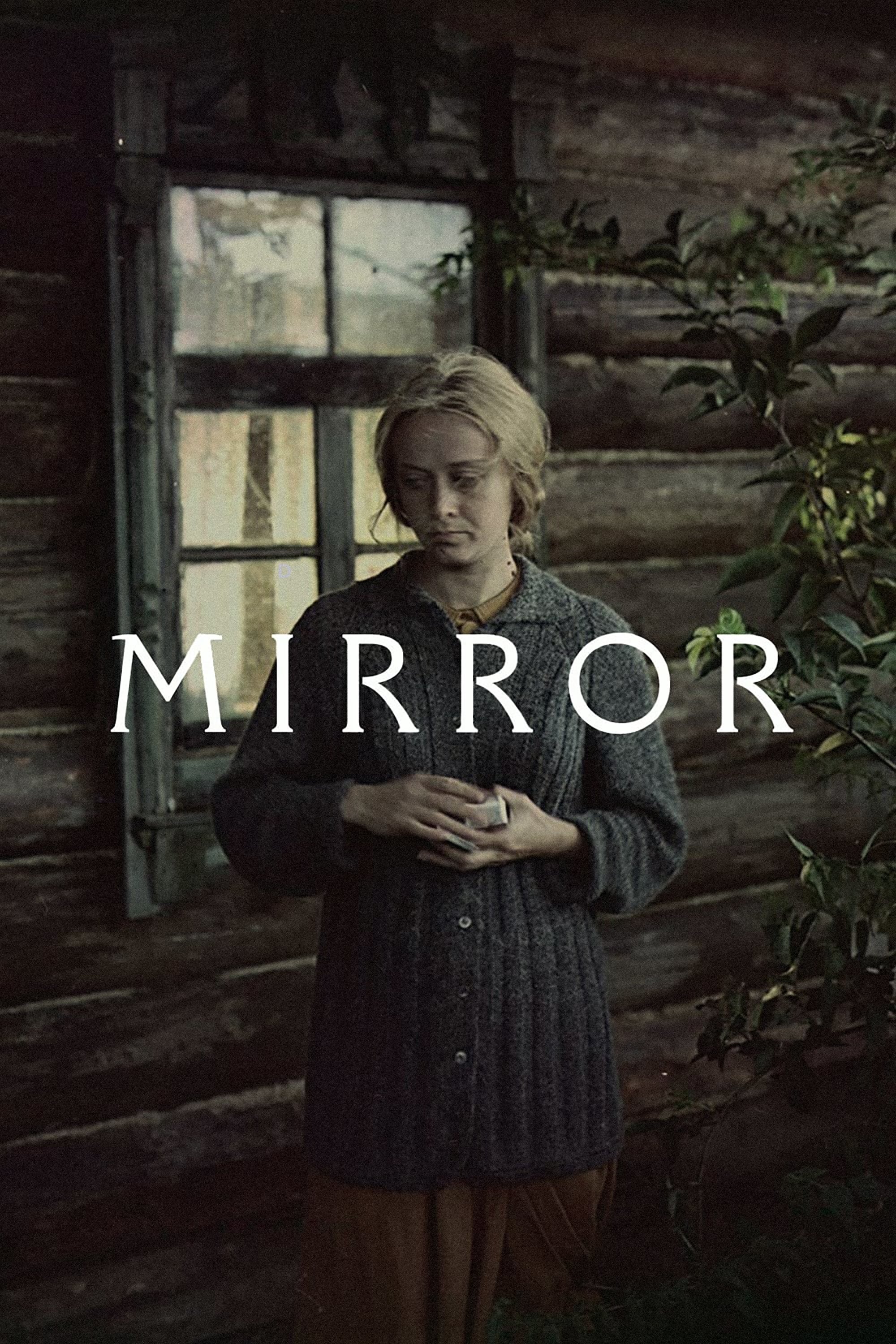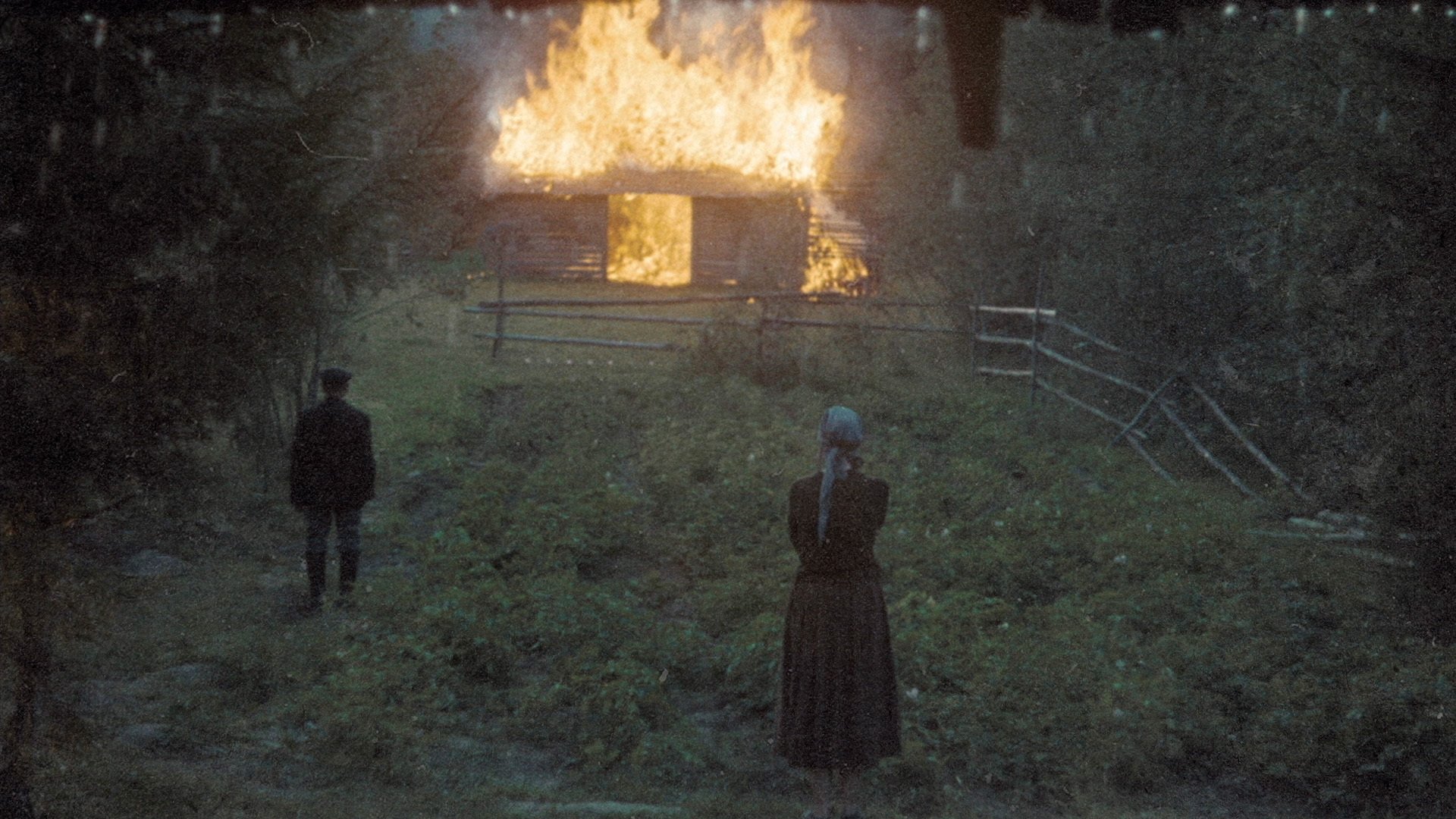Beyond the Glass: A Deep Dive into the Unsettling Power of "Mirror" (1975)
Andrei Tarkovsky's Mirror (1975) isn't just a film; it's a fragmented, dreamlike odyssey through memory, trauma, and the elusive nature of self. It's a film that actively resists easy categorization, demanding patience, introspection, and a willingness to embrace ambiguity. This isn't a review for the faint of heart; it's an invitation to unpack the deeply personal and profoundly unsettling power of Tarkovsky's masterpiece.
Forget traditional narrative structure. Mirror eschews linearity, weaving together seemingly disparate scenes – childhood memories, wartime footage, poetic reflections on life and death – all interwoven with the decaying memories of the filmmaker’s own father. This isn't chronological storytelling; it's the chaotic, non-linear unfolding of consciousness itself. The film operates on the level of feeling and association, not plot. Events bleed into each other, mirroring the hazy, subjective nature of recall.
One of the most striking elements is the film's use of fragmented imagery. Images flicker, fade, and morph, reflecting the ephemeral nature of memory. A childhood memory might abruptly transition to a newsreel, then to a starkly beautiful landscape. These jarring juxtapositions aren't random; they highlight the interconnectedness of seemingly unrelated experiences, suggesting that the past is not neatly compartmentalized but rather a fluid, ever-shifting entity.
The film's poetic use of symbolism is equally powerful. The recurring motif of the mirror, both literal and metaphorical, represents the fractured self, the constant reflection and refraction of identity. Water, fire, and earth become symbolic representations of life's transient nature, emphasizing the cyclical passage of time and the inevitable decay of all things. Even the seemingly simple act of eating, or a child playing, becomes laden with a profound weight, hinting at deeper existential themes.
However, the unconventional style isn't just stylistic flourish; it's crucial to understanding the film's emotional core. The film’s intensely personal nature allows Tarkovsky to explore themes of guilt, loss, and the complex relationship between a son and his father with an unflinching honesty. This isn't a detached observation; it's a visceral, emotional excavation of deeply personal experiences, presented through a lens of poetic abstraction.
Mirror is a film that rewards multiple viewings. Each subsequent watch reveals new layers of meaning, new connections between seemingly disparate scenes. It's a film that challenges the viewer to actively participate in the process of interpretation, to engage with the film on an emotional, rather than purely intellectual level. It's a film that stays with you long after the credits roll, prompting introspection and a re-evaluation of your own memories and relationship with the past.
Ultimately, Mirror isn't just a film about memory; it's a meditation on the human condition, a poignant exploration of the fragility of life and the enduring power of love and loss. It's a challenging, rewarding, and ultimately unforgettable cinematic experience, a testament to Tarkovsky's genius and a film that transcends the boundaries of traditional filmmaking. Prepare to be both captivated and unsettled.


